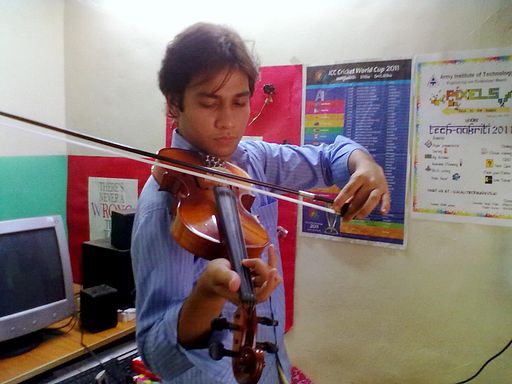Are you losing it?
 Thursday, November 28, 2013 at 12:55PM
Thursday, November 28, 2013 at 12:55PM 
The best writing moments are when the characters speak to each other and the scenes unfold with surprising twists. When I work, these exhilarating moments occur at a rate of about one in a thousand. First I have to slog through many dull, prosaic hours before a gem glitters in the dust.
Word count: 435 Reading time: 1-2 minutes
I’ve looked around for ways to beat the odds, to increase the incidents of strong writing. So far the only thing that improves my writing is practice. By practice I mean work: working harder, working more, working with focus. I don’t worry about whether or not I have the talent to write. Instead I put my faith in people who have gone before me:
- Perseverance is a great substitute for talent.― Steve Martin, Born Standing Up: A Comic's Life.
- The real writer is one who really writes. Talent is an invention like phlogiston after the fact of fire. Work is its own cure. You have to like it better than being loved. ― Marge Piercy.
Work means sitting down to long, seemingly unproductive hours, even when inspiration is weak and I’d rather wash the kitchen floor. I have to be there, chipping away for the moments when inspiration ignites and talent erupts. I have to write the bad sentences to find what doesn’t work. I have to play the wrong notes so I can find the sweet ones. Yes there are demons: the empty page, the incomplete scene, the manuscript that is 95% written. These terrifying events often tempt me to throw up my hands, to stop writing altogether. Then I move past my panic and get to work.
One of the greatest ballerinas of the twentieth century, Dame Margot Fonteyn, overcame her stage fright with additional practice. In 1949, as she geared up for her dancing debut at the Metropolitan Opera House in New York City, she had a bad case of butterflies. Her solution? Two extra hours of drills besides her regular workday of classes, rehearsals and performances. Investors.com
Because talent—if you don't encourage it, if you don't train it, it dies. It might run wild for a little while, but it will never mean anything. Like a wild horse. If you don't tame it and teach it to run on track, to pace itself and bear a rider, it doesn't matter how fast it is. It's useless.― Elizabeth Hand
Talent doesn’t develop on its own. It needs practice, education, and a chance to run free. So how do you get past your stage fright to let it grow? How do you ensure your talent doesn’t atrophy?
***
Photo from Wikimedia Commons: Vinit Sharma practising violin by Rockwithvinit
 Elizabeth Hand,
Elizabeth Hand,  Investors.com,
Investors.com,  Marge Piercy,
Marge Piercy,  Margot Fonteyn,
Margot Fonteyn,  Metropolitan Opera House,
Metropolitan Opera House,  Rockwithvinit,
Rockwithvinit,  Steve Martin,
Steve Martin,  Talent and writing,
Talent and writing,  Vinit Sharma practicing violin,
Vinit Sharma practicing violin,  Writer's discipline,
Writer's discipline,  Writing practice,
Writing practice,  perse in
perse in  Being a serious wriiter,
Being a serious wriiter,  Perseverance in writing,
Perseverance in writing,  Talent and Writing,
Talent and Writing,  Writing practice
Writing practice 
Reader Comments (2)
"The best writing moments are when the characters speak to each other and the scenes unfold with surprising twists."
Those moments are magical. And yes, the only way to find those moments is to write, keep writing then write some more. I hear you loud and clear, Maggie. It's time to get back to the keyboard.
Thank you!
Allison
Thanks, Allison
To quote Joan Didion: "I write entirely to find out what I'm thinking, what I'm looking at, what I see and what it means. What I want and what I fear."
That is why I write this blog: to force myself to dig deep and find out how writing is part of my life this week, this day, this minute. Often I don't know how I feel until I see it on the page or screen in front of me.
It's good to find someone shares my feelings.
Maggie